The Museum of Modern Art, or MoMa as it is more commonly known, is usually on most visitor’s lists to NYC. More than 7 million people (!) visit this museum every year to take in the 150,00+ artworks that include big names like Warhol, Matisse, Pollock, Van Gogh, and more.
There are five floors to explore filled with pieces from the museum’s permanent collection as well as temporary exhibits featuring works from travelling collections or borrowed from other museums (make sure you check the museum’s website to see what is on display before you go).
Irises, Vincent Van Gogh, 1890
If you cannot make it to the Van Gogh museum in Amsterdam, you can get a taste of the artist’s work at MoMa! The gallery has a few of the artist’s paintings in their permanent collection — on a recent trip, one of his stunning paintings of irises was on display (above).
Les Demoiselles d'Avignon Paris, Pablo Picasso, 1907
Picasso’s Les Demoiselles d'Avignon was a radical approach to painting in the time it was created. It shows five naked women, composed in Picasso’s characteristic “splintered” style, with faces inspired byAfrican masks and sculpture from Iberia.
Bicycle Wheel, Marcel Duchamp, 1951 (third version, after lost original of 1913)
Marcel Duchamp was the father of the Readymade art movement where he took ordinary objects (like his other famous work Fountain, which is a urinal turned upside-down).
Bicycle Wheel (pictured above) was something that he created in his New York studio for his own entertainment, and was never made to show in a gallery. The fact that it is now in MoMa is something the artist would likely find very amusing.
Stencilled Frieze Panel from the Trading Room of the Chicago Stock Exchange, Louis Sullivan and Danker Alder, 1893
A room that you don’t see many people pause in contains some of the most interesting modern, contemporary, and art deco pieces that were (or still are) part of the architecture of historic buildings.
The image above shows the Stencilled Frieze Panel from the Trading Room of the Chicago Stock Exchange. The Chicago Stock Exchange was one of the first modern skyscrapers when it was completed in 1894. This piece was salvaged when the building was destroyed in 1974.
Water Lilies, Claude Monet, 1914-1925
I was actually quite surprised to come upon the circular room holding the oversized canvases of Monet’s Water Lilies. One of my absolute favourite museums to visit in Paris, the Musee De L’Orangerie is home to two vast, round rooms that contain multiple canvases showcasing Monet’s Water Lilies.
I will admit that I had no idea that other paintings existed outside of those Parisian galleries, and so was pleasantly surprised to come upon them during my most recent visit to MoMa. Learn more about this work here.
Self-Portrait with Cropped Hair, Frida Kahlo, 1940
No visit to a modern art gallery would be complete if you didn’t get to see a painting by Frida. This self-portrait is a departure from a lot of her work because it shows her with close-cropped hair and in masculine clothing. Learn more about this portrait and why she moved away from her flower crown here.
Dance (I), Henri Matisse, 1909
Matisse is known for his large-scale paintings with bold colours and fluid movement, and the above work Dance (I) is no exception. The bold blue is a stunning background to the five women holding hands, dancing in a circle. Learn more about this painting here.
No. 16 (Red, Brown, and Black), Mark Rothko, 1958
There is something about Rothko’s works in muted colours that are extremely calming. Sitting in front of them almost feels like a meditation — and this one is no exception. No. 16 (Red, Brown, and Black) is one of a few different pieces that MoMa has by this artist. Learn more about Rothko and his work here.
View of the Abby Aldrich Rockefeller Sculpture Garden from the MoMa galleries
The Abby Aldrich Rockefeller Sculpture Garden was opened in 1939, and is a beautiful space where large-scale sculptural installations come and go overlooked by Manhattan’s skyscrapers. Wander through the Garden (you can access it from the main floor) on a sunny day, or enjoy the view from above (pictured). You can take a virtual tour of the Sculpture Garden on the MoMa website here.
Campbell's Soup Cans, Andy Warhol, 1962
“I used to have the same lunch every day, for twenty years, I guess, the same thing over and over again.” (source). That’s what Andy Warhol replied when he was asked why he chose to paint Campbell’s Soup Cans over and over.
Female figures by Georgia O’Keeffe in a temporary exhibit at MoMa
Temporary exhibitions rotate in and out of MoMa throughout the year, so it is important to check-out the What’s On section of the website to see if what is on display is something you don’t want to miss. For example, an exhibition of work by Georgia O’Keeffe was on display when I was last in the city — a can’t miss for me!
Bookshelves in the MoMa Store
No visit to a museum or art gallery would be complete without swinging by the shop — and MoMa’s does not disappoint. This shop is full of hard-to-come-by art books, quirky products, and interesting NYC souvenirs that are more unique than what you find in the stores bordering Times Square. Check out the online version for a preview.
Tips for planning your visit to MoMa
If possible, try and avoid visiting on a rainy day — both tourists and New Yorkers alike will be seeking out indoor spaces to avoid the rain, and the gallery will be packed.
On the same note, try and avoid visiting on the weekend. If your trip to NYC goes over weekdays, plan on heading to MoMa (or any other museum for that matter) from Monday to Friday.
Remember that not all works from the museum’s permanent collection are always on display, or even at the museum for that matter. Works rotate and/or are lent to other museums all the time, so to avoid disappointment check out the website so you know what to expect.
People line up to enter the museum before it opens. The line may seem daunting, but it moves very quickly, so don’t be alarmed if it seems like you are stuck in the back.
Depending on the time of year, the museum may require you to purchase your tickets ahead of time. Visit the tickets section of the website to confirm.
Planning your visit to MoMa
Location: 11 West 53 Street, Manhattan
Admission (check the website to confirm): Adults $25, Seniors $18, Visitors with disabilities $18, Students $14, Children (16 and under) Free
Hours: Monday to Friday 10:30 am–5:30 pm, Saturday 10:30 am–7:00 pm, Sunday 10:30 am–5:30 pm Fun Fact: MoMA is open every day except Thanksgiving and Christmas!
Website: https://www.moma.org
Pin Me!
Meet The Author
Lindsay Shapka is an avid traveler and the creator of The Anthrotorian — a website dedicated to sharing travel tips, stories about adventures, culture quirks, artists you should know, fascinating bits of history, and more!
She is also an artist, marketing specialist, editor, and freelance writer who has work featured on websites, blogs, and in magazines like National Geographic Traveler.


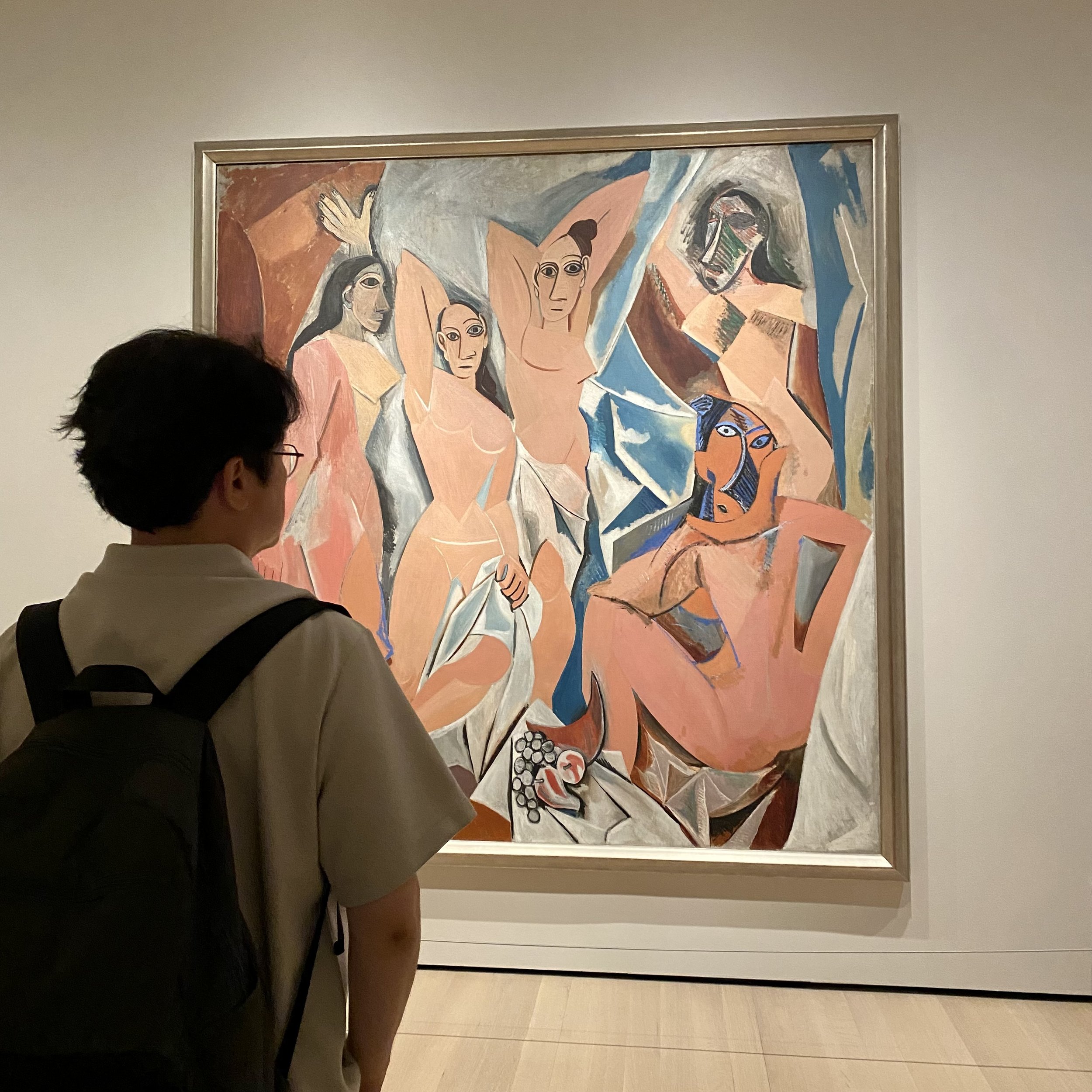
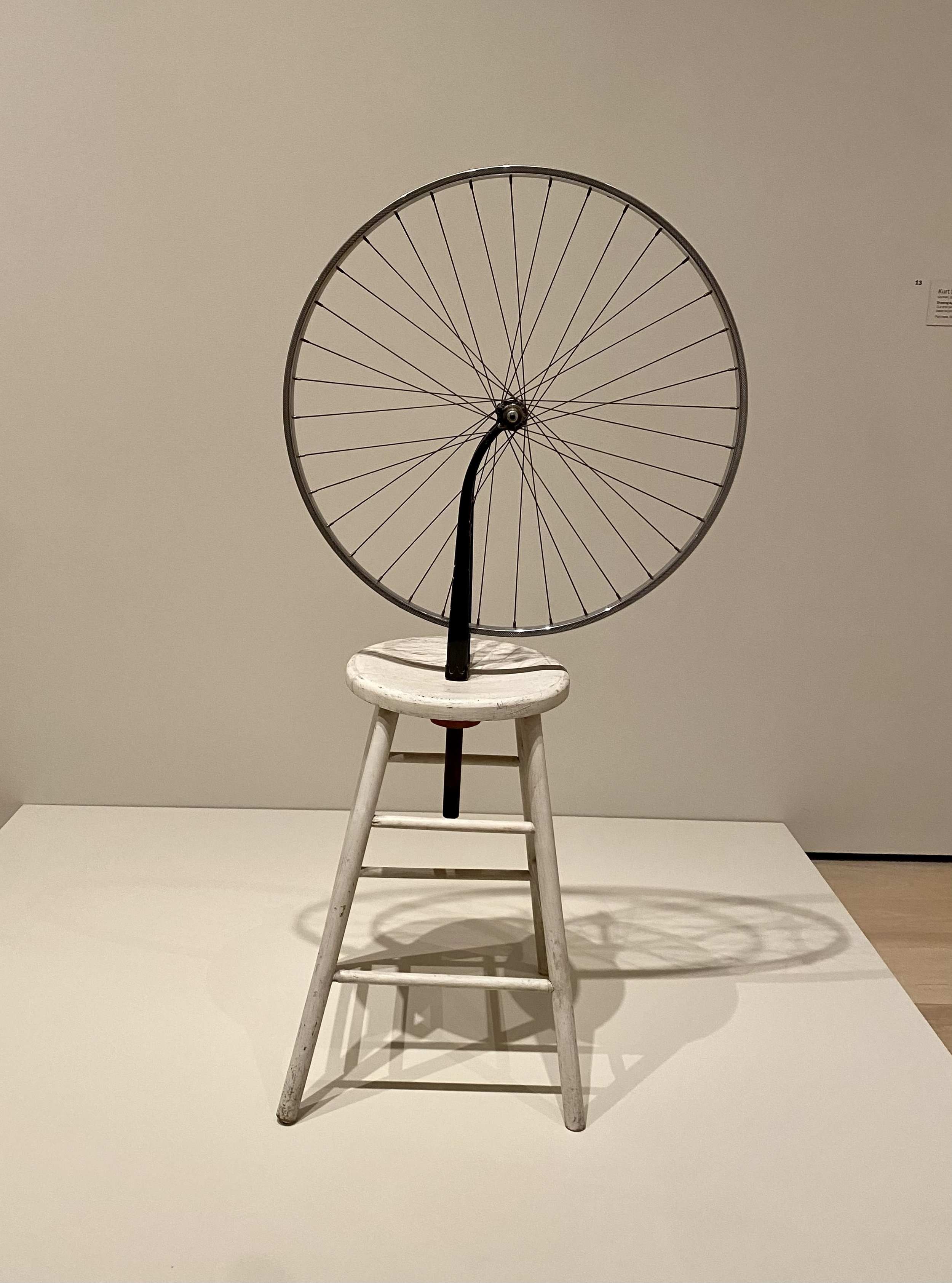
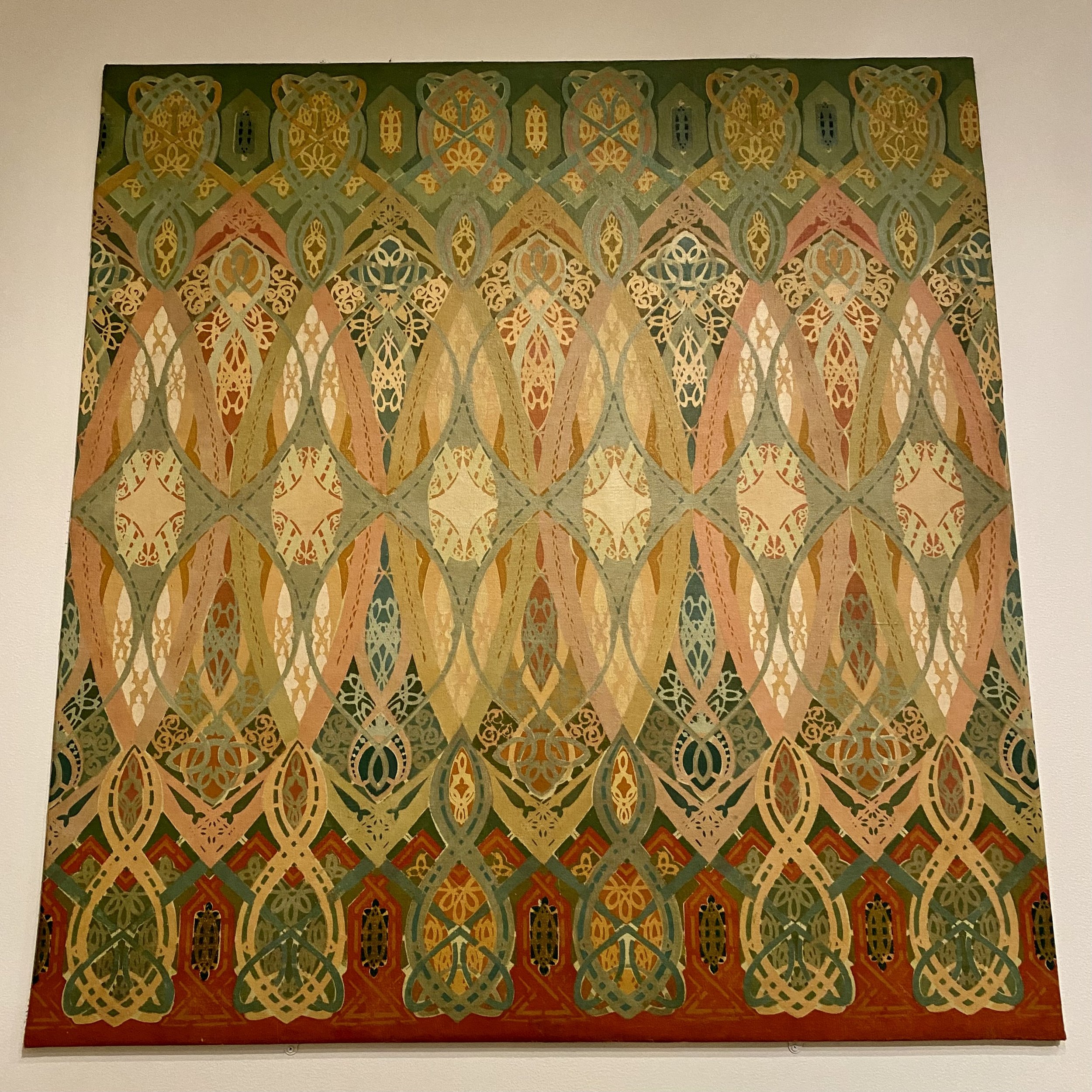




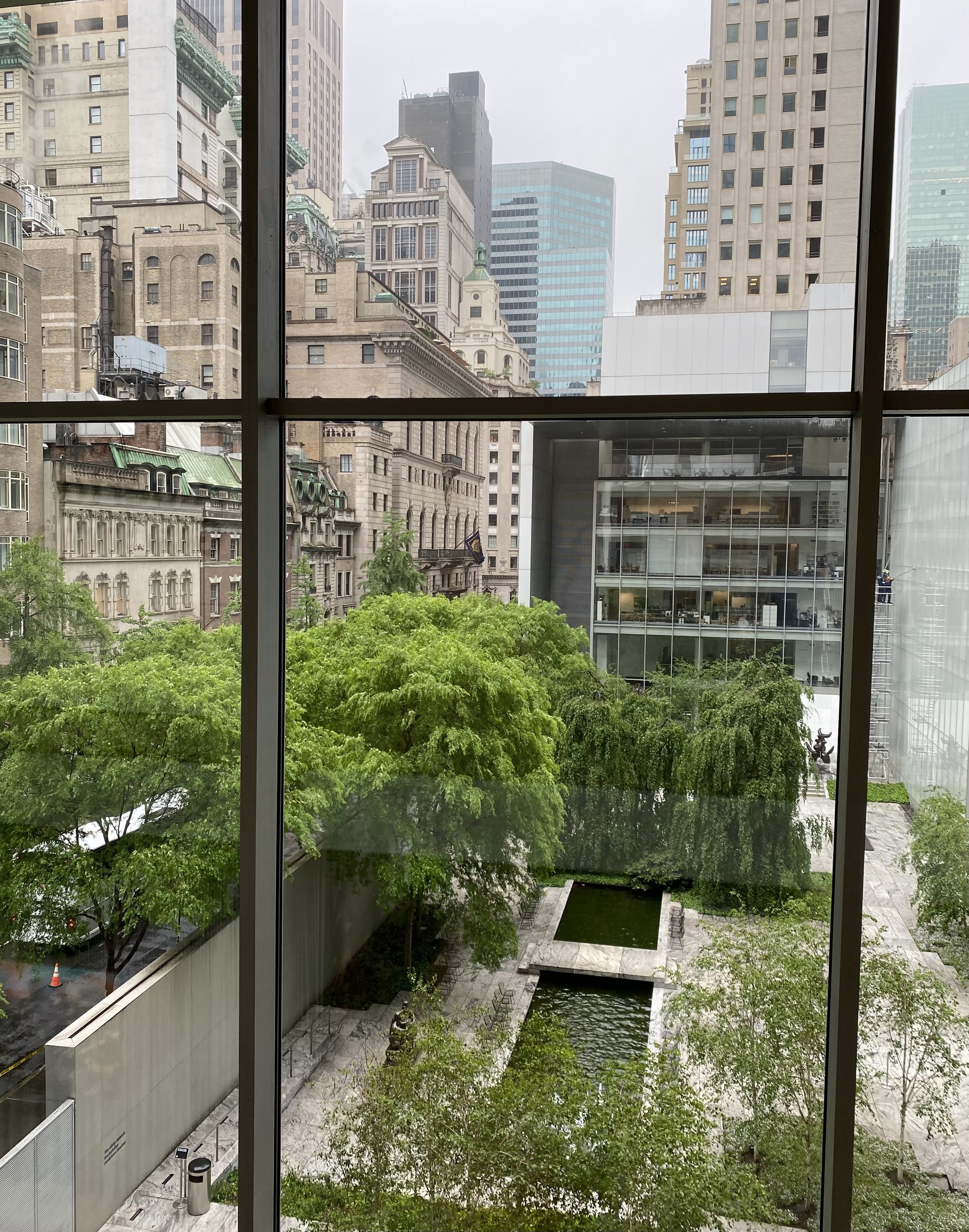


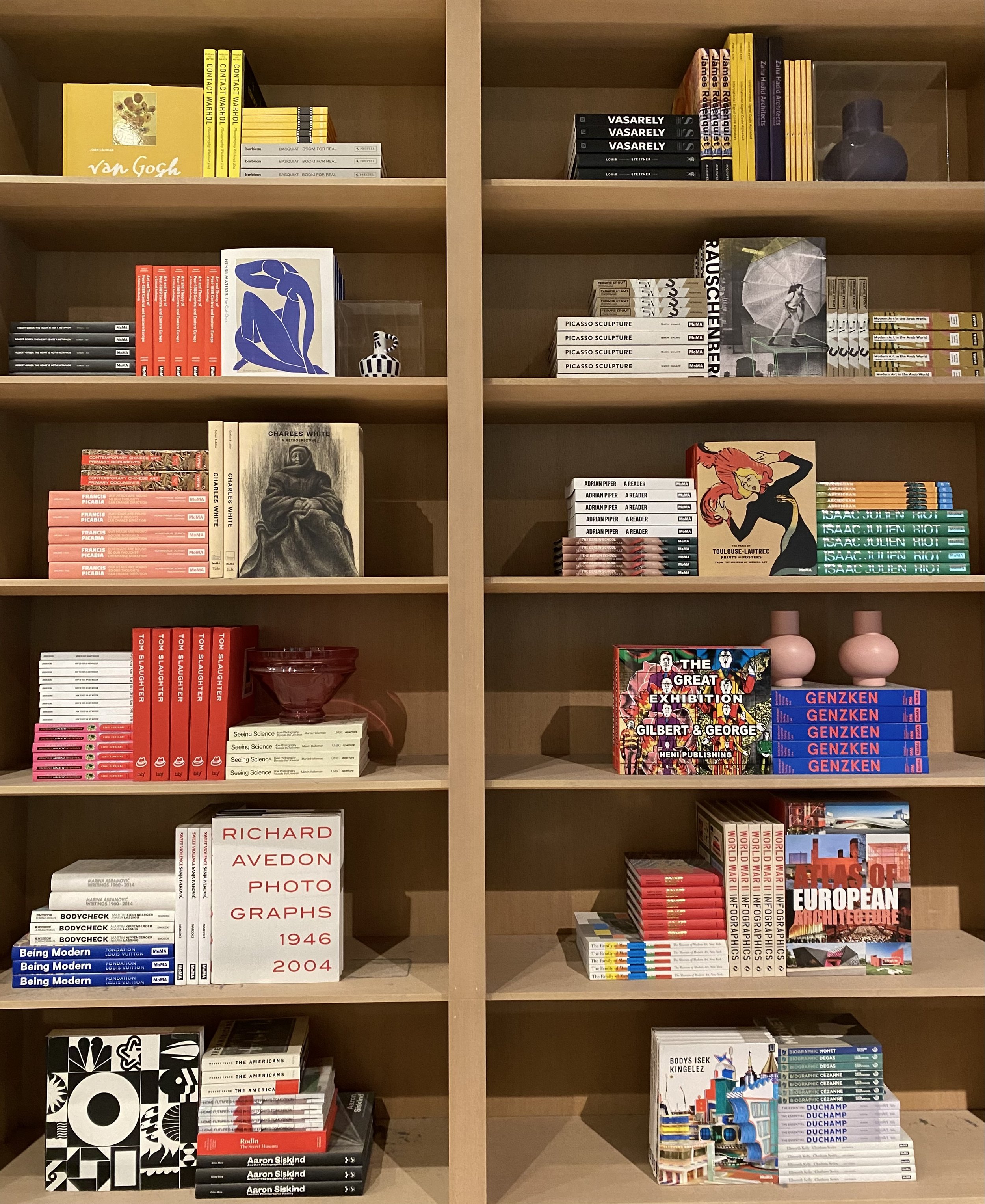

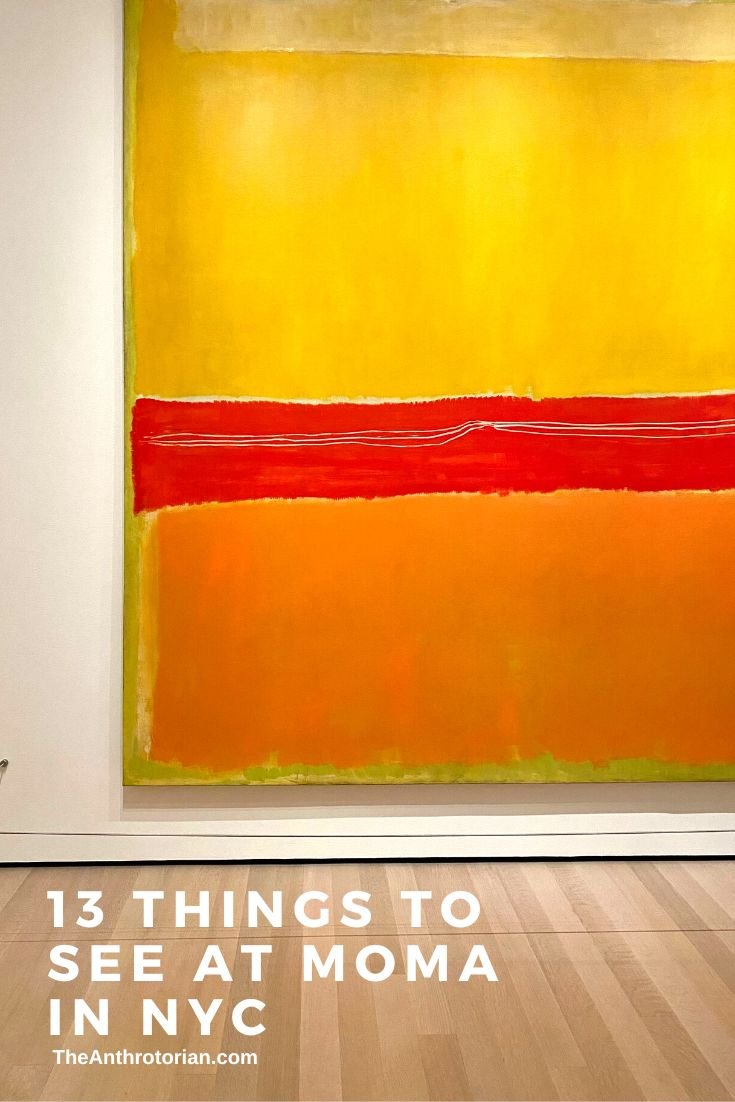

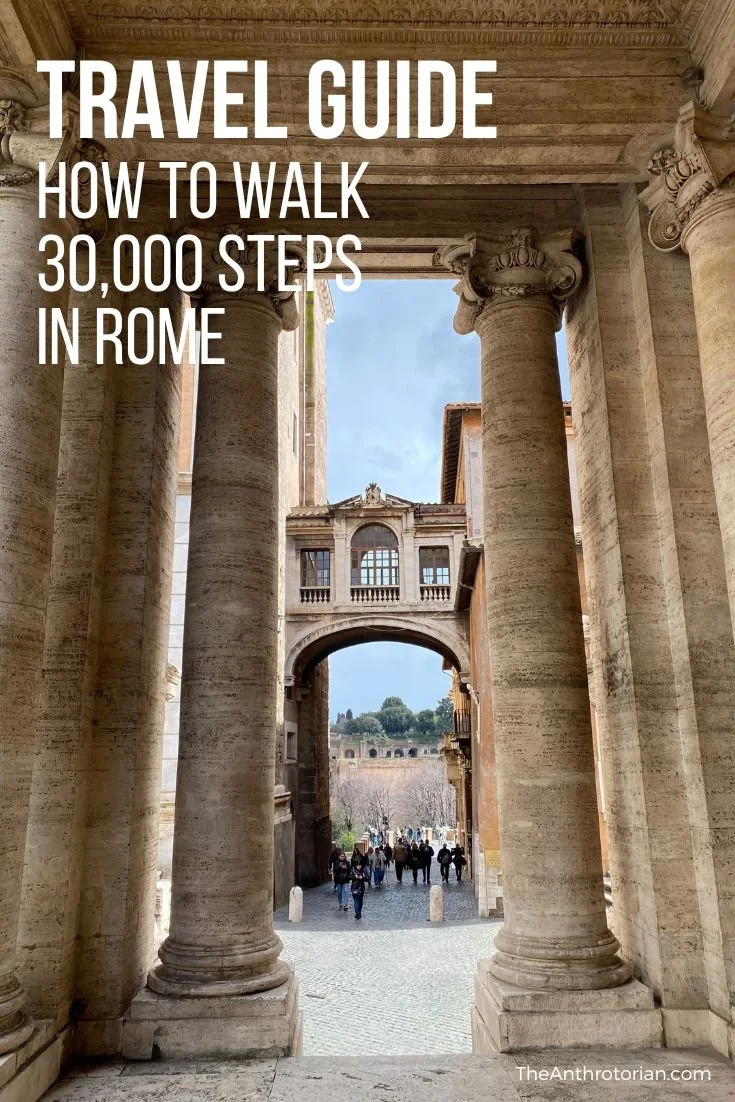







If the last few years of travel has taught us anything, it is that airports are busier than ever, and both they, and the airlines, are struggling to keep up with the demand.
Throughout the recent summer and holiday seasons, we were bombarded with images and videos of stacks of lost luggage left in airports all over the world. If you are anything like me, it has made checking a bag seem like a risk that I am not willing to take — especially if I am going for a short trip and don’t want to be without my clothing, etc. for even a day.